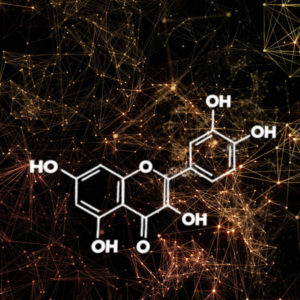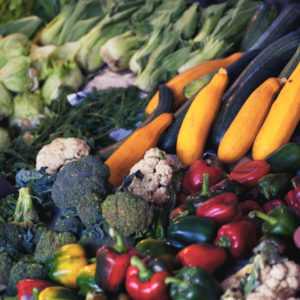There’s a huge and highly profitable market for supplements. Vitamins and fish oils lead the pack and are heavily advertised, often by actors or prominent sportspeople.
In those with proven deficiencies of nutrients, appropriate supplements can be life-savers. For the worried well, however, many supplementary vitamins simply contribute to expensive urine. Extra quantities of vitamins that are soluble in fat can also accumulate in the body and may have potentially harmful effects.
Claims that expensive vitamins are superior to those that cost less are false. Vitamin C is simply ascorbic acid – whatever its source. Indeed some vitamins exist in foods in many different and valuable forms which may not be matched by supplements. Vitamin E, for example, exists in foods in eight different forms; many supplements concentrate on providing just one form.
Choosing a diet of healthy foods will supply not only the 13 vitamins that are essential for health, but literally hundreds of other valuable components known as phytonutrients (‘phyto’ means ‘plant’). A poorly chosen diet supplemented with vitamins cannot match this.
Taking vitamin as supplements can also create a false sense of security. For example, the typical diet in Australia has far too much sugar, salt and saturated fat. Many people also consume too much alcohol and their intake of dietary fibre is well below recommended levels.
When some people realise their diets are not good, they may consider changing to healthier foods but reject the ideas as awkward or too difficult. Instead they take a vitamin supplement in the hope it will make up for their poor diet. However, extra vitamins will not fix the major problems of too much sugar, salt and saturated fat and not enough dietary fibre. Indeed, taking a vitamin supplement may distract from the need to choose healthy foods.
Fish oil supplements have had a dream run for their marketers. Initially hailed as possibly useful, as the studies roll in, the hopes invested in them have not materialised. There are good results from studies using fish, but not the supplements. Indeed, the Heart Foundation now recommends fish and seafood rather than supplements.
The simple way to ensure an adequate intake of vitamins and other nutrients, including the many phytonutrients now know to be important for health is to choose appropriate quantities of foods from the 5 food groups
- Vegetables & legumes
- Fruit
- Grains, preferably wholegrain or at least 2/3 wholegrain
- Meat, fish, poultry, eggs, tofu, legumes, nuts, seeds
- Milk, cheese, yoghurt or nutrient-enriched plant based alternatives.
And most importantly, cut back on junk foods.
About the Author – Dr Rosemary Stanton OAM BSc, C Nutr/Diet, PhD (Hon), Grad Dip Admin
Dr Rosemary Stanton is Australia’s best-known independent public health nutritionist with a Science Degree in Biochemistry and Pharmaceutical chemistry, post-graduate qualifications in Nutrition and Dietetics. She is welcomed by radio, print and television shows for her evidence-based views that are free of any commercial content. Rosemary served as key advisor to the Vitamania team on the public health messaging around nutrition and vitamins.


